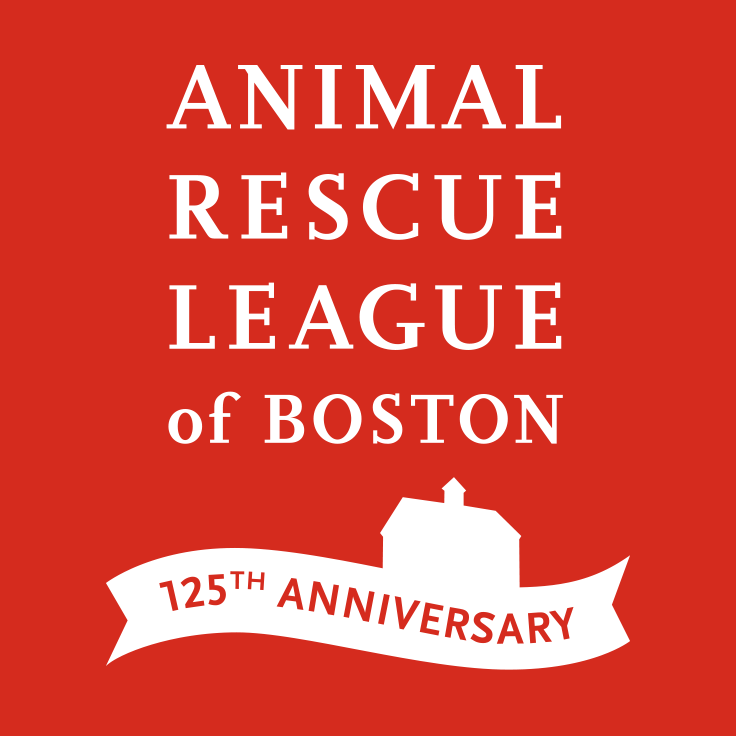Animals in Entertainment and Circuses
The Animal Rescue League of Boston (ARL) does not support the use of wild, exotic, or non-native animals in circuses, fairs, carnivals, festivals, and other traveling shows and acts. This includes, but is not limited to, the use of species such as elephants, lions, tigers, and bears.
Animals in the entertainment and circus industries can experience physical, emotional, social, and psychological sufferings. They may suffer from stress, cruelty, neglect, abuse, and trauma. Some animals in the entertainment and circus industries are initially separated from their herds or packs and their homelands. This causes emotional trauma in the animals. After captured or bred for human entertainment and circus use, many are controlled with bullhooks or other objects and tools or whipped in an effort to train them to perform tricks. When not performing, the animals may be restrained in chains and confined in trucks and trailers for up to 11 months per year of travel. Such vehicles are often not climate controlled and the animals stand or sit in their own waste.
Many wild or exotic animals possess high emotional intelligence. For example, elephants grieve their dead by tenderly touching the remains with their trunks in a mourning ceremony. Elephants, when in a state of emotional suffering, express neurotic behaviors, such as rocking, swaying, and head-bobbing.
The use of wild and exotic animals in the entertainment and circus industries can also be detrimental to human health because animals within these industries often react in an aggressive manner or possess diseases. An animal’s aggression can lead to the animal’s escape, which is a public safety concern. Loose animals have the potential to cause destruction and death to handlers, owners, keepers, trainers, attendees, and the public at-large. As such, an 8000-pound animal, such as an elephant, should not engage in an entertainment act or traveling show. Many non-native animals have diseases. Approximately 12.4 percent of captive elephants in the United States have Tuberculosis. Industry workers, staff, and event attendees should not be exposed to such dangers.
Therefore, the use of wild, exotic, and non-native animals in circuses, fairs, carnivals, festivals, and other traveling shows and acts must end.
The Animal Rescue League will:
- Encourage the cessation of wild, exotic, and non-native animals used in entertainment, including, but not limited to, animals used in circuses, fairs, carnivals, festivals, and other traveling shows and acts in Massachusetts and beyond;
- Encourage human attendance at animal-free shows and events;
- Encourage the use of technologically-created animal models in the entertainment industry, rather than the use of actual animal beings;
- Support the filming of animals in their natural and undisturbed species-specific habitats or the filming of animals filmed for adoption, rescue, ethical, or protection purposes;
- Encourage human attendance at ethical animal protection sanctuaries in Massachusetts and beyond;
- Discourage the use of bullhooks or other cruel objects and tools used in the entertainment and circus industries upon animals;
- Discourage the use of psychological torment or torture, food deprivation, or other abusive or cruel practices against animals in the entertainment industry;
- Support measures to provide that wild, exotic, and non-native animals retired from the entertainment and circus industries be safely transported to a reputable sanctuary or ethical rescue organization with proper food, shelter, and care;
- Encourage public awareness of the issues involved with animals in the entertainment industry;
- Encourage training of law enforcement, medical personnel, social welfare agencies, and educational groups and schools, so that all are aware of the suffering of these animals;
- Encourage protection of all animals used in entertainment by ethical organizations; and
- Take advocacy steps and measures to support or oppose laws based upon the best interest of the animals.
